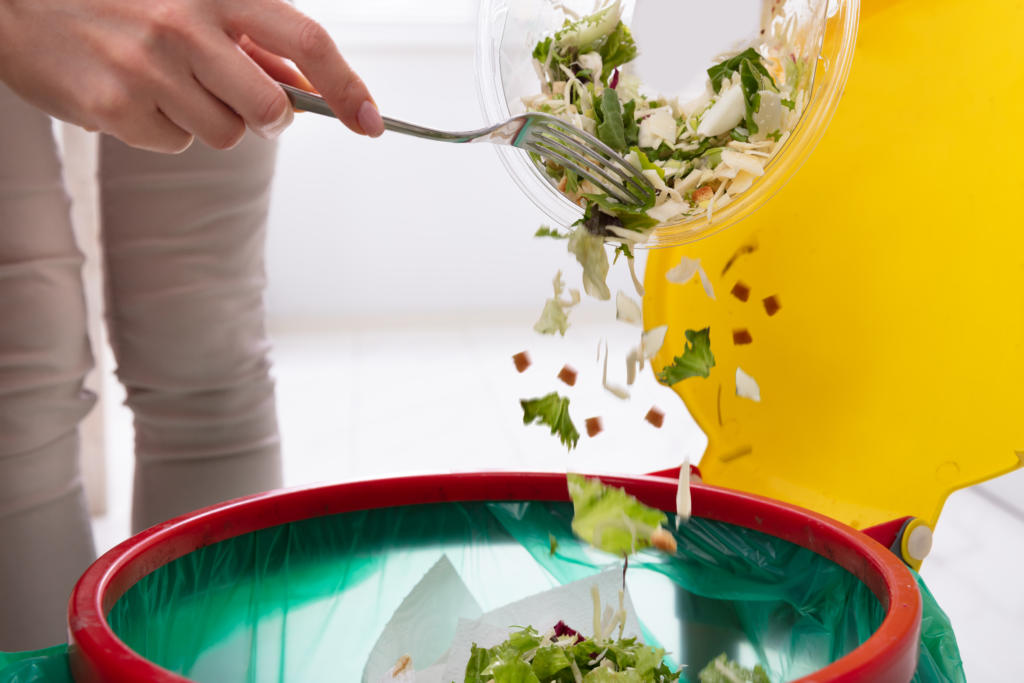
Take a moment to digest these facts. Globally one-third of all the food we produce – worth more than $1 trillion a year – gets thrown away. If food waste were to be a country, it would be the third-largest source of greenhouse gases, after the US and China. All of the world’s nearly one billion hungry people could be fed on less than a quarter of the food that is wasted in the US, UK and Europe.
And when we look closer to home, in the UK the average family throws away a quarter of their weekly shop – worth £800 per year – which collectively adds up to £15 billion.
Sharing surplus food
The problem is huge, but innovative businesses are coming up with a solution.
OLIO is a food-sharing App founded by entrepreneurs Tessa Clarke and Saasha Celestial-One. It connects neighbours with each other and with local businesses so surplus food can be shared, not thrown away. From food near its sell-by date in a local shop to the groceries left in your fridge before you go on holiday, the OLIO app has so far allowed 3.1 million portions of food to be shared.
To make items available, users open the app, add a photo, description, when and where the item is available for pick up. To access items, users browse the listings near them and request what takes their fancy, then arrange a pick-up via private messaging.
The numbers accessing the OLIO app and sharing food is increasing rapidly as consumers become more environmentally aware and seek to make choices that will help to reduce carbon emissions.
So, what part can food and drink businesses play in tackling this issue?
14:1 return on investment in food waste reduction
Research by sustainability body WRAP found that the financial benefits of taking action to reduce food waste often significantly outweigh the costs. From the 700 businesses across 17 countries involved in its 2017 survey, 99% achieved a positive return on investment, with the average return £14 for every £1 invested in reducing food waste.
WRAP’s advice includes investing in:
- Measuring waste
- Training staff
- Improving inventory management
- Changing packaging
According to WRAP, ways that a food and drink business can use reducing food waste to generate income include:
- Selling imperfect products
- Creating new products with less waste
- Reducing waste management costs
- Avoiding the cost of unsold food
Although the scale of the food waste problem is huge, small actions can lead to big change. These words of OLIO founder Tessa Clarke were made for consumers but apply equally to businesses:
“The most important tip is not to feel overwhelmed when trying to lead a more sustainable/zero waste lifestyle. The best way for me to do this was to set myself one change at a time and just focus on that one change. And then, once I’d nailed it, I’d move onto the next one.”
More information on food-sharing is available at www.olioex.com. Sustainability body WRAP has lots of great advice for food and drinks businesses on its website www.wrap.org.uk.
